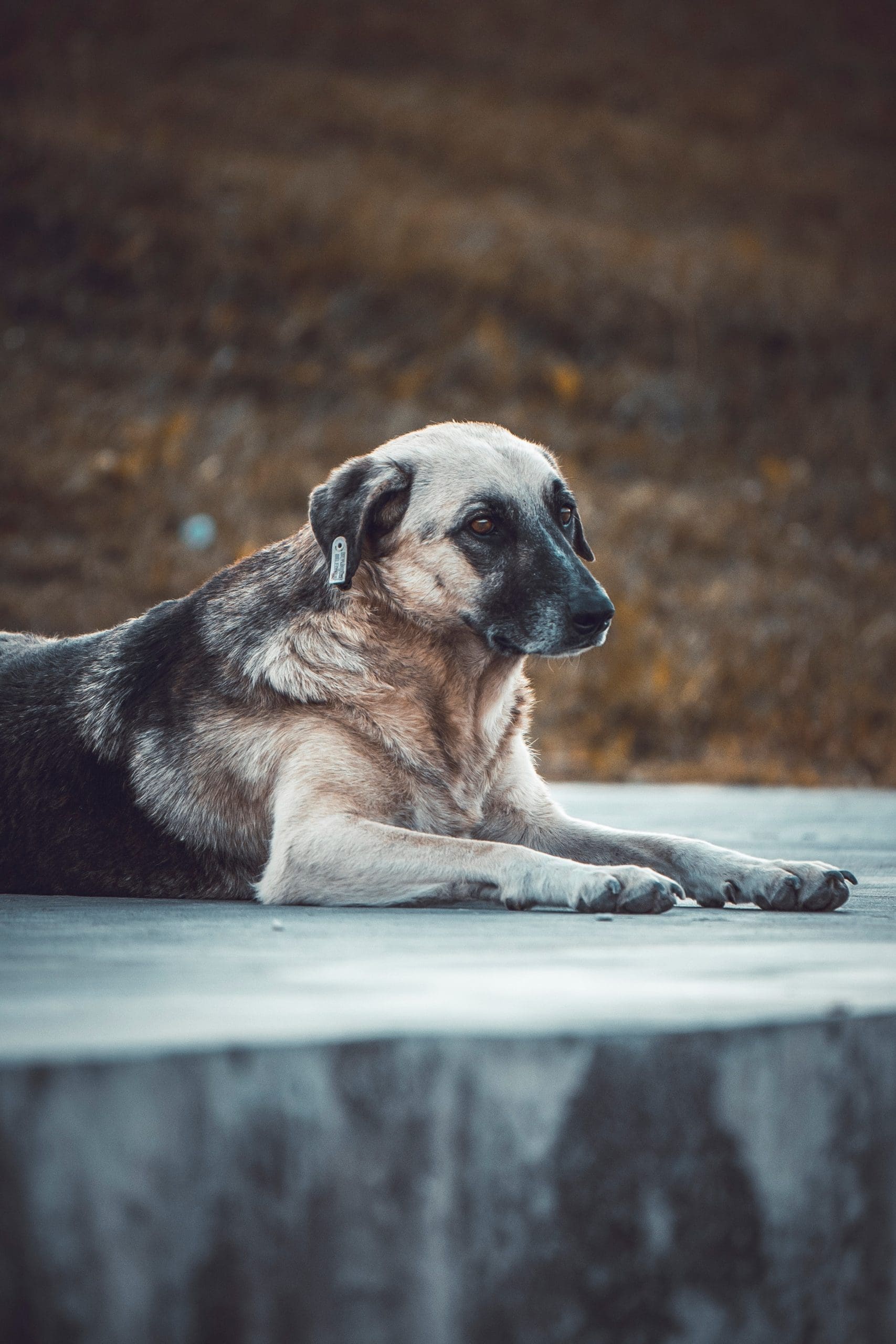Understanding what your dog can eat is essential for their health and happiness. Many dog owners often wonder, “What human food can dogs eat?” It’s a valid concern, especially since our furry friends tend to beg for table scraps or show interest in our meals. While some human foods are safe for dogs, others can be harmful or even deadly.
Dogs are omnivores, meaning they can eat a variety of foods, but their dietary needs differ significantly from ours. Knowing what foods are beneficial for dogs and how to incorporate safe options into their diet is crucial for their well-being.
Safe Foods for Dogs
Not all human foods are created equal. Many common ingredients can be toxic to dogs. For example, chocolate, grapes, and onions are well-known hazards that can lead to serious health issues and even be fatal. Familiarizing yourself with both safe and unsafe foods helps keep your pet healthy.
A dog’s diet should primarily consist of high-quality dog food formulated to meet their specific nutritional needs. However, incorporating certain human foods can add variety and health benefits. Whole, unprocessed foods are often the best choices.
Cooked meats are excellent options. Chicken, turkey, and beef provide essential protein, vital for your dog’s energy and overall health. Always remove bones and excess fat before serving. Fish, such as salmon and sardines, can also be nutritious additions, packed with omega-3 fatty acids that benefit a dog’s skin and coat.
Vegetables and Fruits for Dogs
Many dogs enjoy vegetables, which can be a nice addition to their meals. Carrots, green beans, and sweet potatoes are all safe choices, low in calories and high in fiber. These veggies provide vitamins and minerals that support your dog’s immune system.
Fruits can also be healthy treats for dogs. Apples, blueberries, and bananas are often favored and can be given in moderation. Always remove seeds or cores, as these can pose choking hazards or contain harmful substances.
Moderation is Key
When considering what human food to feed your dog, keep portion sizes in mind. While sharing your meal may be tempting, moderation is essential. Treats and human food should only make up a small part of your dog’s daily caloric intake. The bulk of their diet should come from high-quality dog food.
For puppies, the same principles apply, though they have different nutritional requirements. Soft fruits and vegetables can be gradually incorporated to help them adjust to new textures and flavors. Always consult with your veterinarian about the best diet for your puppy’s growth and development.
Preparation Matters
Preparation of human food is crucial. Cook meat thoroughly to kill harmful bacteria, and avoid adding salt, spices, or sauces that could upset your dog’s stomach. Steaming or boiling vegetables helps maintain their nutritional value without introducing harmful ingredients.
Recognizing foods that should be avoided is equally important. Common toxic foods for dogs include chocolate, caffeine, alcohol, grapes, raisins, onions, garlic, and macadamia nuts. Even small quantities can lead to severe health issues. If your dog accidentally ingests any of these items, contact your veterinarian immediately.
Individual Needs
Understanding your dog’s specific health needs is vital when determining what foods are appropriate. Dogs with certain health conditions might require special diets or restrictions. For instance, dogs with pancreatitis should avoid high-fat foods, while those with allergies may need to steer clear of certain proteins or grains. Consulting with your veterinarian provides insight into the best diet for your individual dog.
Treats play a role in your dog’s diet as well. While occasional treats are fine, choose those specifically designed for canine consumption. Many commercial dog treats meet dogs’ nutritional needs and come in various flavors and textures to keep them engaged. If you prefer homemade treats, look for simple recipes using dog-safe ingredients.
Monitoring and Hydration
Incorporating a variety of foods into your dog’s diet keeps mealtime exciting and enjoyable. Always introduce new foods slowly and in small amounts to monitor for any adverse reactions. Every dog is unique, and what works for one might not work for another. Keeping an eye on your dog’s weight, energy levels, and overall health aids in making informed dietary decisions.
Proper hydration is essential. Fresh, clean water should always be available for your dog. Some owners might wonder if dogs can drink milk. While small amounts of plain, unsweetened yogurt or milk can be enjoyable for some dogs, many adult dogs are lactose intolerant and may experience digestive issues with dairy products. Observing your dog’s reactions to new foods helps ensure their well-being.
As responsible pet owners, ensuring that our dogs lead happy and healthy lives is a priority. Staying informed about what human food is safe for dogs is a crucial part of this responsibility. By making thoughtful choices about your dog’s diet, you contribute to their health and happiness. Your dog relies on you to provide the best care, which includes knowing what foods are safe and nutritious.
Dietary needs may change over time, influenced by factors such as age, activity level, and health conditions. Regular check-ups with your veterinarian help you stay on top of your dog’s health and nutritional requirements.
The bond shared with dogs is a partnership based on love and care. Understanding their dietary needs and making informed choices about their food contributes to their well-being and happiness. While your dog may not express their preferences in words, they will undoubtedly appreciate your efforts to ensure their meals are nutritious and enjoyable.



